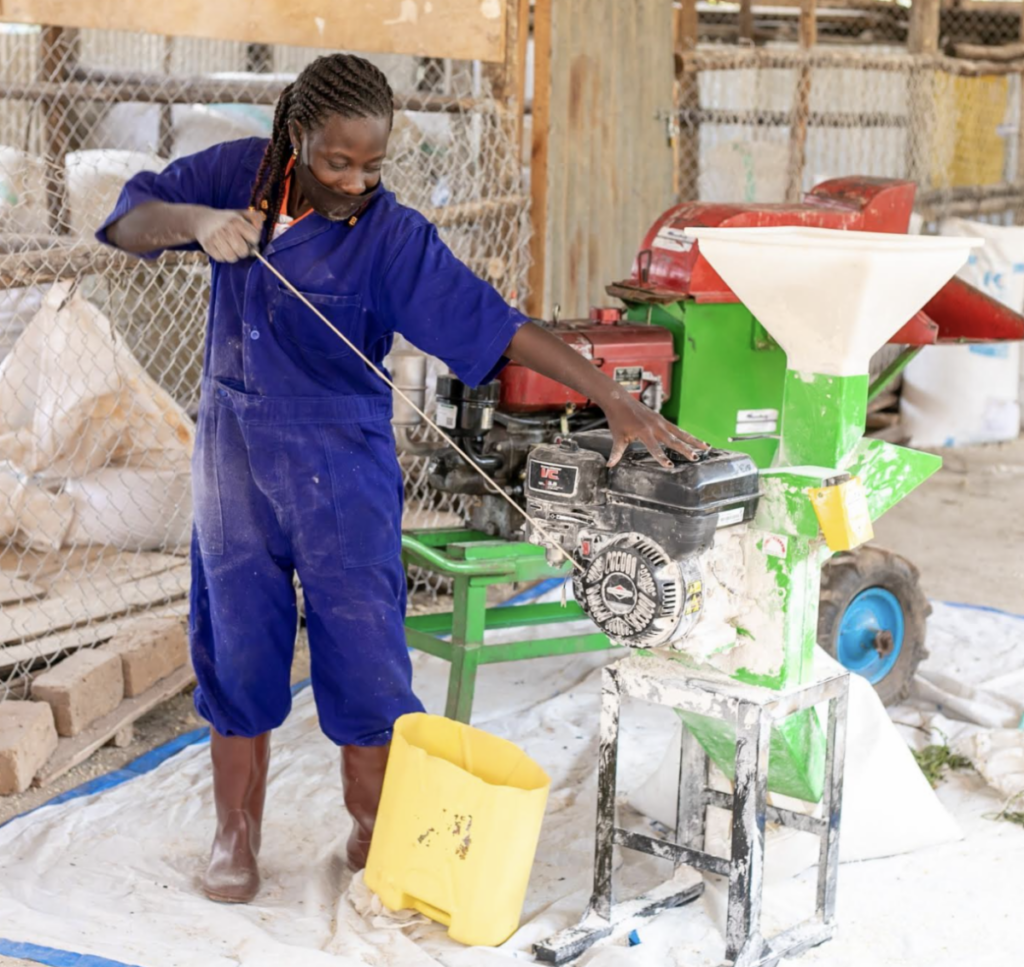
Tackling systemic barriers towards the participation of young women in Africa’s workforce will drive an estimated $287 billion to its economy by 2030, boosting GDP by five per cent, a new report commissioned by the Mastercard Foundation reveals. Conducted in collaboration with McKinsey & Company, the study reinforces the crucial role of women’s economic empowerment in driving the continent into a new era of transformational growth.
The report, Young Women in Africa: Agents of Economic Growth and Transformation By 2030 – Mastercard Foundation, outlines a series of immediate, actionable solutions for government, private sector, and civil society to reverse the steep decline of young women’s contribution to Africa’s GDP from 18 percent in 2000 to just 11 percent in 2022. The most pivotal areas to tackle include care burdens that restrict women’s access to the labour market, poor education completion rates, the need to bolster competitive skills in key sectors and adopt gender-inclusive employment policies, and lack of access to financial services.
Join our WhatsApp ChannelThe report notes that effective private sector-led approaches and government-funded models focused on expanding childcare centres and employer-provided childcare can alleviate the burden of care on young women and create over 11 million jobs by 2030. With agriculture, education, food and accommodation, trade, wholesale, and retail sectors among Africa’s highest employers of young women, the Foundation advocates for the roll-out of apprenticeships and boot camps to accelerate women’s participation in these high-growth areas. The ICT sector is also identified as a leading industry to catalyze substantial productivity, boasting a higher rate of remuneration for women compared to men in Nigeria, Ghana and Uganda.
The study spotlights Namibia as a key model for other African nations to follow in prioritizing the economic benefits of gender equality, having increased women’s economic participation from 40 percent to 42 percent in just five years. Egypt, the Democratic Republic of Congo, Ethiopia, Kenya, Mali, Nigeria, Rwanda, Senegal, Tanzania, and Uganda have the potential to achieve the fastest growth should they replicate Namibia’s strategy.
Speaking on the launch of the report, Marieme Esther Dassanou, Director, Gender Programs at the Mastercard Foundation, said: “Empowering young women in Africa is both an economic imperative and a transformative opportunity for the continent. By addressing systemic barriers, enhancing skills, and fostering gender-inclusive policies, we can unlock $287 billion in additional GDP by 2030. We need to create environments where women can succeed as employees and entrepreneurs, ensuring Africa’s growth will be inclusive, sustainable, and driven by the full potential of its young women’s population.”
Women’s unemployment rates have historically been higher than those of men, a disparity further exacerbated by the COVID-19 pandemic. Only 26 percent of girls complete secondary school, and the high burden of unpaid care work keeps 35-to-40 percent of women out of the workforce. Furthermore, financial inclusion remains a significant challenge, with 63 percent of African women being unbanked compared to 52 percent of men.
The Foundation also plans to expand successful programs aimed at transforming the educational landscape for women and girls. Over the next seven years, the Foundation will scale its long-standing partnerships with Campaign for Female Education (CAMFED) and Forum for African Women Educationalists (FAWE) with $360 million to support more than 70,400 young women and girls in completing their education journeys, starting their own businesses, or accessing employment opportunities.
The report findings inform the Mastercard Foundation’s sideline event Invincible: Empowering Women, Transforming Africa at the 79th Session of the United Nations General Assembly (UNGA 79) on September 22, 2024, at the Millenium Hilton New York, One UN Plaza Hotel. Held in collaboration with ALADI – African Leadership and Dialogue Institute, the event will spotlight the unrivalled impact of young African women in driving economic transformation and propose bold strategies to bolster their access to critical and affordable finance.
To download the full report, please click here.
For additional information on this story or an interview with a Mastercard Foundation spokesperson, please contact: zvg@wimbart.com
Distributed by African Media Agency (AMA) on behalf of the Mastercard Foundation.
About the Mastercard Foundation
The Mastercard Foundation is a registered Canadian charity and one of the largest foundations in the world. It works with visionary organizations to advance education and financial inclusion to enable young people in Africa and Indigenous youth in Canada to access dignified and fulfilling work. Established in 2006 through the generosity of Mastercard when it became a public company, the Foundation is an independent organization separate from the company, with offices in Toronto, Kigali, Accra, Nairobi, Kampala, Lagos, Dakar, and Addis Ababa. Its policies, operations, and program decisions are determined by the Foundation’s Board of Directors and leadership.
The post Gender Parity will unlock $287B for Africa’s Economy by 2030: Mastercard Foundation Report appeared first on African Media Agency.
Source : African Media Agency (AMA)

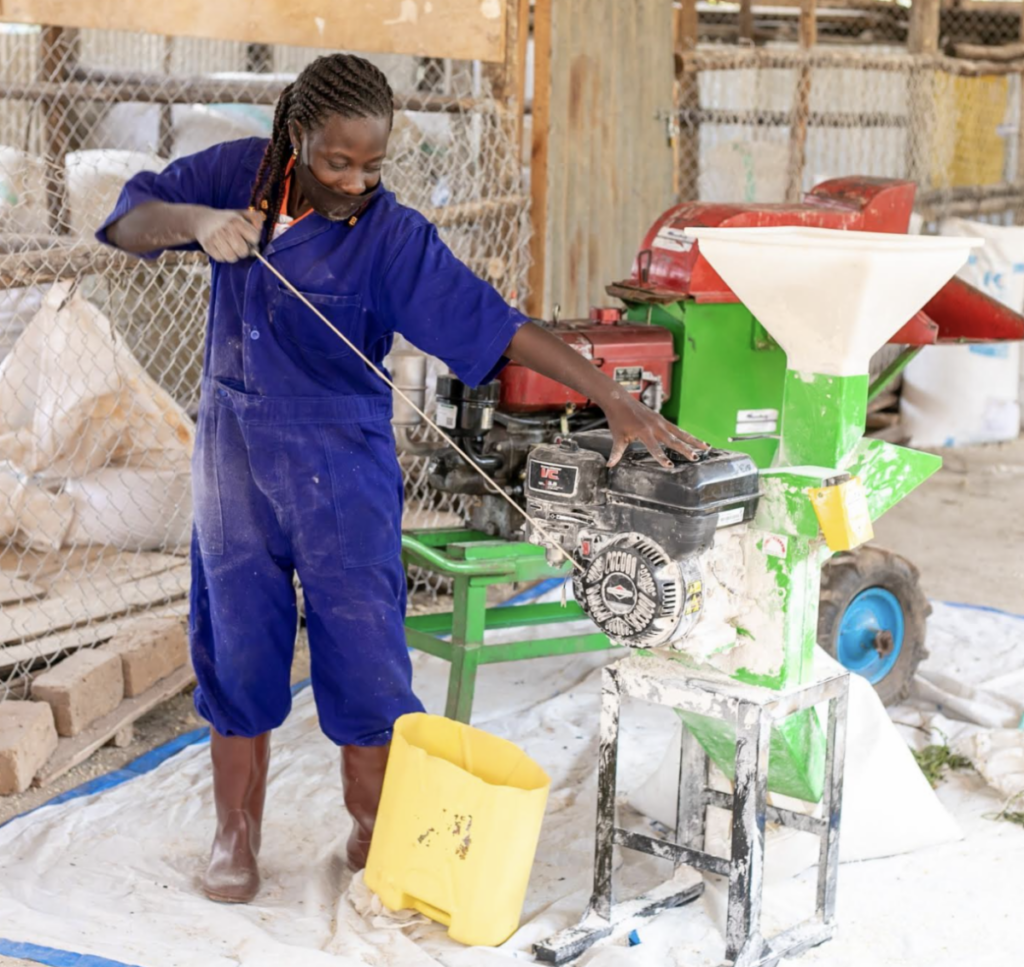



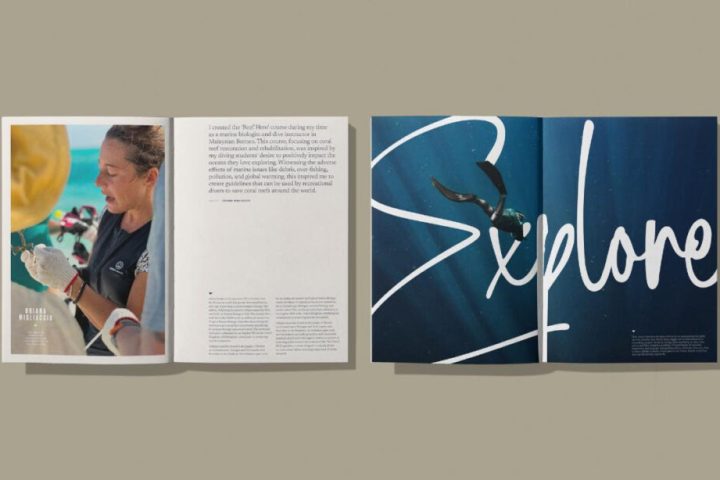
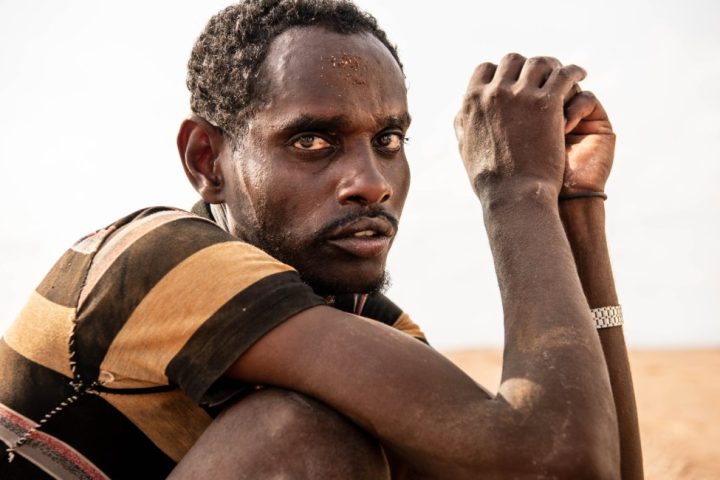





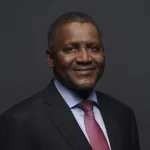


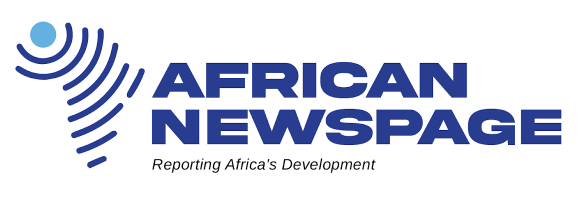

Follow Us